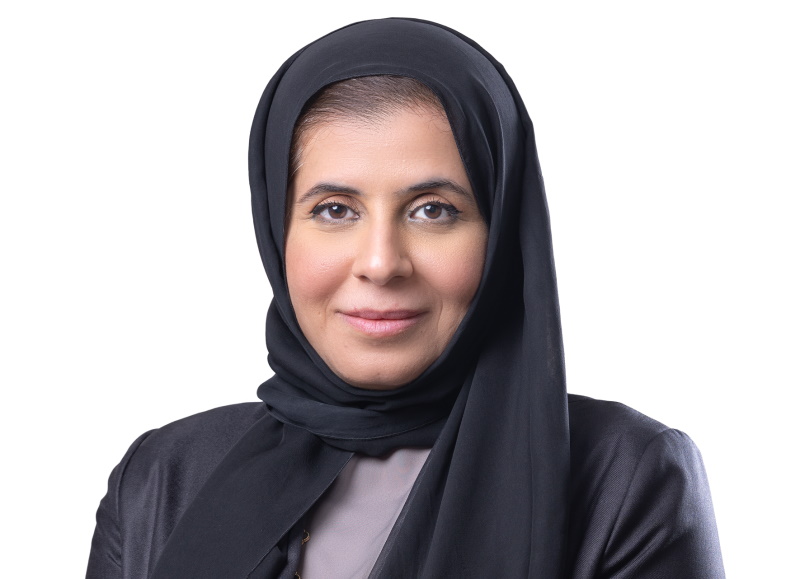
The Department of Community Development Empowers Domestic Helpers in Abu Dhabi as Change Agents in Water and Energy Conservation
- Initiative aims to empower domestic helpers to use water and energy more effectively in households
In a new initiative that promotes environmental awareness and sustainable living, the Department of Community Development (DCD), the Department of Energy (DoE), and domestic helper licensing centers, which operates under the Ministry of Human Resources and Emiratisation (MOHRE), have come together to launch a programme to train domestic helpers and enable them to be change agents for water and energy conservation in UAE households. The training programme was conducted at 16 domestic helper licensing centers centres in Abu Dhabi.
The initiative corresponds to Abu Dhabi’s 2030 vision for a more sustainable environment and was based on a survey conducted by the DOE in 2021, which concluded that domestic helpers can be major enablers of energy and water conservation in the household.
Commenting on the achievements of the initiative, Eng. Ahmed Juma Al Falasi, Acting Executive Director of Energy Efficiency, said: “Sustainability is a top social responsibility and educating the community on the need to reduce water and energy consumption is essential to protecting our nation’s resources and ensure their continuity for future generations. A culture of conservation is necessary to improve Energy and Water Efficiency which in turn promotes responsible consumption, and that is what we aim to achieve through our programmes and initiatives. We continue to implement the directives of the wise leadership of the UAE, which aim to achieve long-term sustainability
.jpg)
'We are pleased with the achievements resulting from our strategic cooperation with the Department of Community Development in Abu Dhabi, the Ministry of Human Resources and Emiratisation, and domestic helper licensing centers.
H.E Eng. Sheikha Al Hosani, Acting Executive Director of Social Monitoring and Innovation Sector at DCD in Abu Dhabi said: “DCD contributed to the development and organisation of the training programme for domestic helpers in Abu Dhabi, considering that they manage energy and water resources at almost all households. Domestic helpers are major contributors to Abu Dhabi’s Vision 2030, supporting reductions in average household consumption by using water and energy more wisely and efficiently. By empowering and equipping them in raising their environmental awareness, we could achieve significant results. Moreover, being environmentally aware and living sustainably is a habit; once formed, it comes naturally. It isn't just good for the environment; it can also help lower energy bills and save money each month.”
More than 390 individuals participated in the training delivered by 32 trained at domestic helper licensing centers instructors. Over 95% of the participants felt that the lessons were easy to implement, and 90% of them found the training to be useful. An impact assessment showed a 23% improvement in domestic helpers’ knowledge and awareness of sustainable practices in the household.
H.E. explained that water scarcity and environmental impacts of overuse of energy and water are a reality in all countries in the region, including the UAE. High population growth coupled with rapid industrialisation calls for sustainable water and energy patterns in residential households, as this sector is responsible for one of the largest water and energy consumptions.
“Due to rising water demand and dwindling supplies, residential water conservation is an urgent need of the hour. Water conservation can not only help in saving water, but will also conserve energy required for desalination, wastewater treatment, and transport of water,” H.E. Eng. Sheikha added.
She explained that changes in everyday habits can help to reduce home energy bills, lower carbon emissions, and ease pressure on the power grid. Modest behaviour adjustments can, over time, yield substantial energy and water savings on their own. Residential energy demand can be reduced further through structural investments, including upgrades to more energy-efficient appliances and retrofits to existing household equipment.
“We, at DCD, believe that appropriate programmes, such as this Domestic Helpers Training Programme, can promote sustainable changes in behaviour and encourage investments in structural improvements for the entire Emirate. Considering the success of the initiative, we look forward to extending the project and support the training of domestic helpers across the Emirate,” H.E. Eng. Sheikha concluded.



























